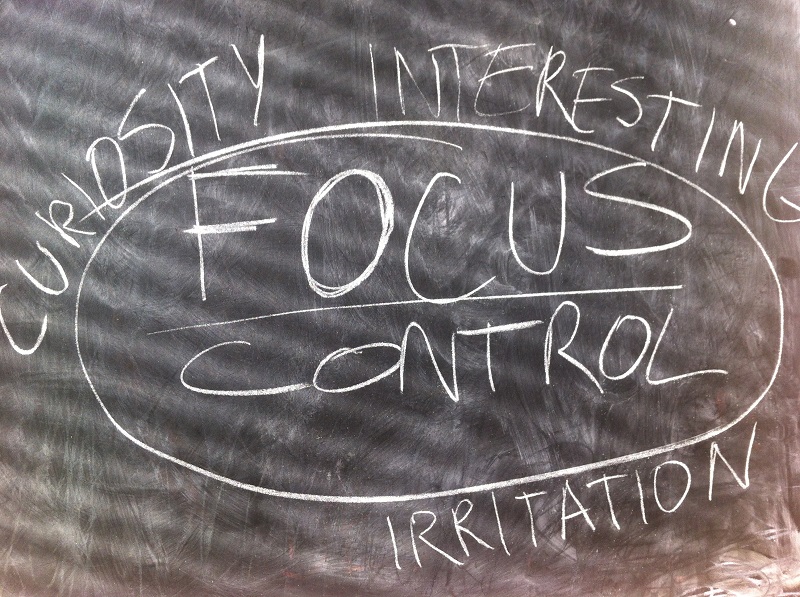Written by: Magazine Team on May 19, 2017.
 Is something interesting or irritating or does it simply create curiosity? Focus control - can we choose what information to receive? We can not in every case.
Is something interesting or irritating or does it simply create curiosity? Focus control - can we choose what information to receive? We can not in every case.
Back to the to previous page
Focus control - can we choose what information to receive?
Focus control - can we choose what information to receive? There are three very simple situations that we could use as examples of some possible circumstances when our focus can be disturbed if we pay attention to something else. Imagine a situation where we suddenly begin to focus on something that we actually are not interested in. What can we do? We could try to ignore everything that we do not want to see or hear, but is that really so easy as it sounds? There might be a detail that controls our focus. If we have some emotional relation to something or if we are curious about something than maybe we are able to control what we focus on. Is something interesting or irritating or does it simply create curiosity? There are three very simple situations that we could use as examples of some possible circumstances when our focus can be disturbed if we pay attention to something else. Is something interesting or irritating or does it simply create curiosity? Focus control - can we choose what information to receive? We can not in every case.
Is something interesting or irritating or does it simply create curiosity? Focus control - can we choose what information to receive? We can not in every case.
- The first one is the one that we absolutely do not desire: If we are in the train, early in the morning when we still feel sleepy and tired, and if we hear someone talking too much or talking about something irritating or maybe even doing it on some strange language that we do not understand or do not like by some reason, then we can get problems with our focus. If we can not control it and think about something else in that moment then it probably is best if we can move to some another place where we can not hear the same conversation any more.
- The second one is the one that we also do no desire in all situations but it is acceptable: It is e.g. when we hear something that we recognize and can not avoid because of some hidden curiosity even if we do not want to hear it in that moment. For example if we hear someone talking in a language that we fully understand and recognize as mother tongue but do not use as daily language.
- The third one is the one that we sometimes experience as interesting and it is acceptable: This one is similar to the previous one but it sounds more positive. It is when we suddenly hear something and decide to try to follow it. For example when we hear some people talking in a language that we like and partially understand. We suddenly want to follow it just to see our ability to follow and manage it. It does not mean that we are interested in the content but we are interested in how much we can understand and follow.
Back to the to previous page
® All Rights reserved Justfindit.se Magazine 2014.